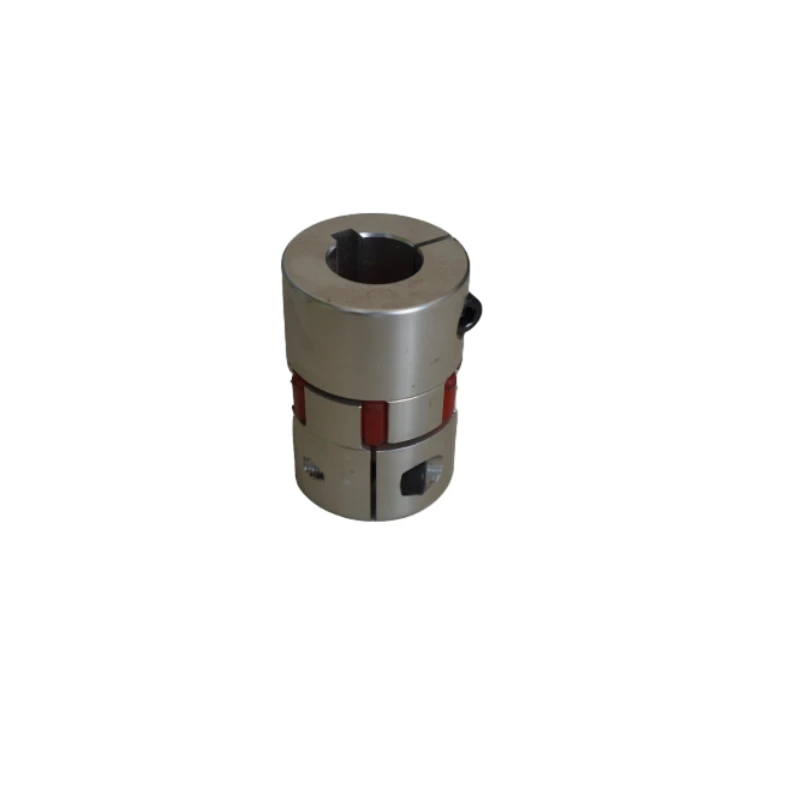precision caster
Precision Caster A Revolution in the Casting Industry
In the world of manufacturing, the pursuit of precision and efficiency is paramount, especially when it comes to casting processes. One of the most exciting innovations in this field is the advent of precision casting, a method that has transformed the way metal components are produced. This article delves into the intricacies of precision casting, its benefits, and its applications across various industries.
Understanding Precision Casting
Precision casting, also known as investment casting or lost-wax casting, is a manufacturing process where a molten material, typically metal, is poured into a mold to create parts with intricate shapes and detailed dimensions. The process begins with creating a wax model of the desired part, which is then coated with a ceramic material. Once the ceramic hardens, the wax is melted away, leaving a precise mold for the molten metal. This method allows for tighter tolerances and superior surface finishes compared to traditional casting techniques.
The Advantages of Precision Casting
One of the primary advantages of precision casting is the ability to produce highly detailed and complex geometries that would be impossible or cost-prohibitive to achieve with other manufacturing processes. This feature is particularly beneficial in industries such as aerospace, automotive, and medical, where components often have intricate designs and must meet stringent quality standards.
Additionally, precision casting reduces the need for extensive machining after the casting process. By achieving tighter tolerances during casting, manufacturers can save time and resources traditionally spent on machining and finishing. This results in a more efficient production cycle and lower overall costs, making precision casting an attractive option for many businesses.
Another key benefit of precision casting is its versatility in material selection. The process can accommodate a wide range of metals, including alloys that are traditionally difficult to work with. This flexibility allows engineers and designers to select the best material for their specific applications, whether they require lightweight components with high strength or durable parts that can withstand extreme conditions.
Applications of Precision Casting
precision caster

The applications of precision casting are vast and varied. In the aerospace industry, precision casting is used to manufacture critical components such as turbine blades, housings, and structural elements. The ability to produce lightweight and high-strength parts is essential for improving fuel efficiency and overall performance in aircraft.
In the automotive sector, precision casting plays a vital role in producing engine components, transmission cases, and suspension parts. Manufacturers rely on the precision casting process to meet the demanding requirements of modern vehicles, which require high-performance parts that can withstand heavy usage and exposure to harsh environments.
The medical industry also benefits from precision casting through the production of surgical instruments, implants, and other critical components. The precision and reliability of these parts are crucial, as they directly impact patient safety and the effectiveness of medical procedures.
The Future of Precision Casting
As technology continues to evolve, the future of precision casting looks promising. Advancements in materials science and 3D printing are paving the way for even more innovative casting techniques. For example, integrating 3D printing into the precision casting process allows for the rapid prototyping of complex models, reducing lead times and enabling designers to iterate quickly.
Moreover, the increasing focus on sustainability in manufacturing is prompting industries to explore new methods that minimize waste and energy consumption. Precision casting aligns well with these goals, as it can optimize material usage and reduce excess scrap through its efficient process.
Conclusion
Precision casting represents a significant evolution in manufacturing, offering unparalleled advantages in terms of accuracy, material versatility, and cost efficiency. As industries across the globe continue to embrace this technology, the possibilities for innovation are limitless. Whether in aerospace, automotive, or medical applications, precision casting is poised to play a critical role in shaping the future of manufacturing, delivering high-quality components that meet the demands of tomorrow's challenges. As we look ahead, it is clear that precision casting will remain at the forefront of the casting industry, driving advancements and setting new standards for excellence.
-
Precision Sheet Metal Stamping Manufacturer | Fast & ReliableNewsAug.01,2025
-
OEM Sand Cast Pump Valve Fittings - Baoding Hairun Machinery And Equipment Trading Co., Ltd.NewsAug.01,2025
-
Custom OEM Impellers | High Efficiency & PrecisionNewsAug.01,2025
-
OEM Sand Cast Pump Valve Fittings - Baoding Hairun Machinery | Customization, Quality AssuranceNewsAug.01,2025
-
OEM Sand Cast Pump Valve Fittings - Baoding Hairun Machinery And Equipment Trading Co., Ltd.NewsAug.01,2025
-
OEM Sand Cast Pump Valve Fittings - Baoding Hairun Machinery And Equipment Trading Co., Ltd.NewsJul.31,2025















